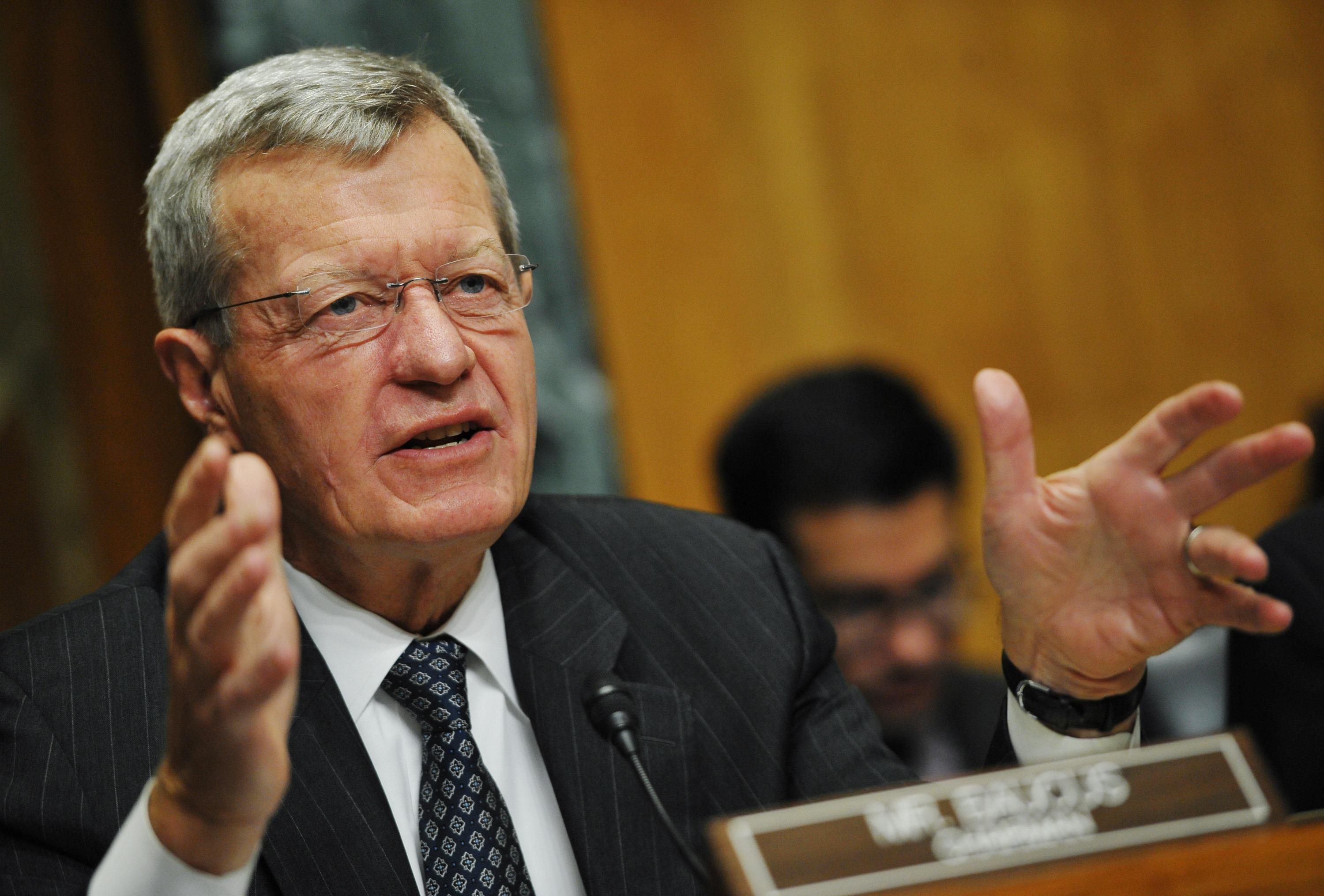Politico is reporting that the White House is naming Montana Democratic Sen. Max Baucus as the next U.S. ambassador to China. Most of the coverage of the pick is going to focus on what it means for the chair of the Senate Finance Committee to be relinquishing his seat during a contentious debate on tax policy, but it’s also interesting to consider what message this is sending about U.S.-China policy.
At first glance, this might seem similar to the pick of Caroline Kennedy as ambassador to Japan, a move that has been criticized as dropping a politically expedient appointee into the middle of one of the world’s most tense flashpoints. Neither of these countries is exactly Luxembourg or Tuvalu. With the Baucus pick, the White House now has two noncareer diplomats, nonregional specialists on either side of the East China Sea.
But while he’s not exactly a China hand, Baucus does have something of a track record on U.S.-Chinese relations over the 35 years he’s spent in congress. During the early 2000s, he was chair (and is still a member) of the Congressional-Executive Commission on China, a group that’s generally extremely critical of China on human rights and economic policy.
He has recommended that the United States strongly advocate for human rights in China and beseeched President George W. Bush during a 2002 visit to “urge Chinese authorities to perform a comprehensive review of those imprisoned for counterrevolutionary crimes, to release unconditionally all prisoners of conscience, to ratify the International Covenant on Civil and Political Rights, and to invite the U.N. Special Rapporteur on Religious Freedom to visit China.”
As chairman of the Senate Finance Committee, he recently co-authored a letter accusing China of undervaluing “its currency, providing an unfair advantage to Chinese exporters and harming U.S. manufacturers and their workers.” Ahead of WTO meetings in March 2012, he wrote, “China will not end its currency undervaluation unless the U.S. seizes opportunities like this to insist it does.”
“Montana businesses, ranchers and farmers are hurting because China has refused to play by the rules,” he said in 2011. He also backed the U.S. complaint at the WTO against China’s restrictions on the export of rare earth metals.
In a meeting with then Vice President Xi Jinping in 2010, he brought up restrictions on U.S. beef exports, saying, saying in a statement, “China’s unfounded and unscientific barriers on U.S. beef are unfairly impeding American exports and hurting hardworking Montana ranchers, and we can’t stand for it.”
On the other hand, Baucus also used his 2010 trip to urge an energy company located there to build a wind farm in Montana.
But on balance, Baucus’ public statements seem to indicate that he’s something of a China hawk, an interesting choice during a not-so-warm period of Sino-American relations.
Of course, the real question is, will he buy his own Starbucks.
